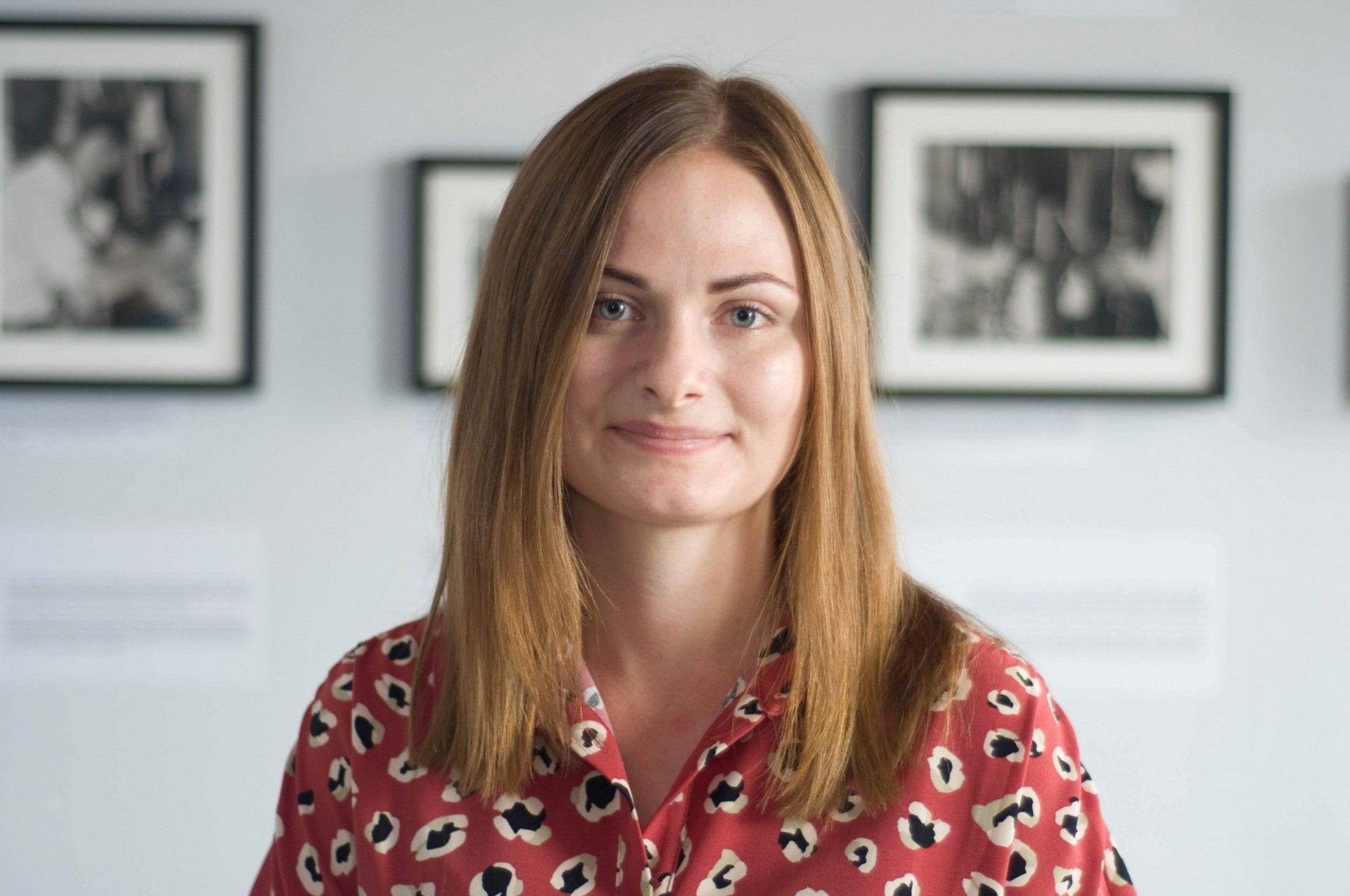Tell us, what drew you to study physics? Did you always envision yourself involved in this field?
Definitely not! Only after I did cosmology research on classifying Superluminous Supernovae in the Dark Energy Survey summer after my junior year of college, I started seriously considering graduate school and pursuing Physics further. I got drawn into observational cosmology because it aims to answer the most fundamental questions about the history and evolution of our Universe: how did it start, how did it evolve, what drives its expansion, what is Dark Matter… and the the list goes on. And we are fortunate enough to live in an era of a plethora of experiments and telescopes to test it!
What makes physics interesting, fun, or exciting to you?
At Columbia, I have been working on late-time distortions of the Cosmic Microwave Background (CMB) radiation caused by interactions with matter, which CMB photons encounter on their way to us. Specifically, I work on constraining the thermodynamics of ionized gas in distant galaxies. What makes it particularly interesting to me is observing how fast technological advancements are transforming our ability to understand the Universe. Nowadays we can probe phenomena and models that seemed unreachable not so long ago. An example is one of the late-time distortions of the CMB that I work on, the Sunyaev-Zel`dovich effect, which was theoretically predicted in the 70s, and now we are making sky maps of this effect!
Tell me about the most exciting thing you're currently learning or working on at the moment.
Recently, together with my collaborators, I have been working on developing new methods to remove cosmic infrared dust contamination to improve the detection of desired cosmological signals. I am very excited to apply these concepts to real data soon and test how well they can perform. I am also part of the Atacama Cosmology Telescope (ACT) and Simons Observatory (SO), both located in the Atacama Desert in Chile. SO is about to have its very first light this year, and I am looking forward to its upcoming high-resolution data to test various cosmological and astrophysical models.
What advice would you have for future graduate students wanting to
study physics?
Graduate school sometimes can be a bit isolating, so my advice is to talk to other people as much as possible. The most fun part comes from collaborating and discussing things with others. I also think it is very important to present your work; the questions people ask at talks give a fresh perspective on your research and can often lead to the development of new ideas.
When you're not engaged in physics, what's something you do for fun?
I love exploring various neighborhoods in NYC and trying different cuisines. A couple of years ago I started skiing, and I enjoyed it a lot. I also like to keep myself informed about the world, particularly by listening to various podcasts.

